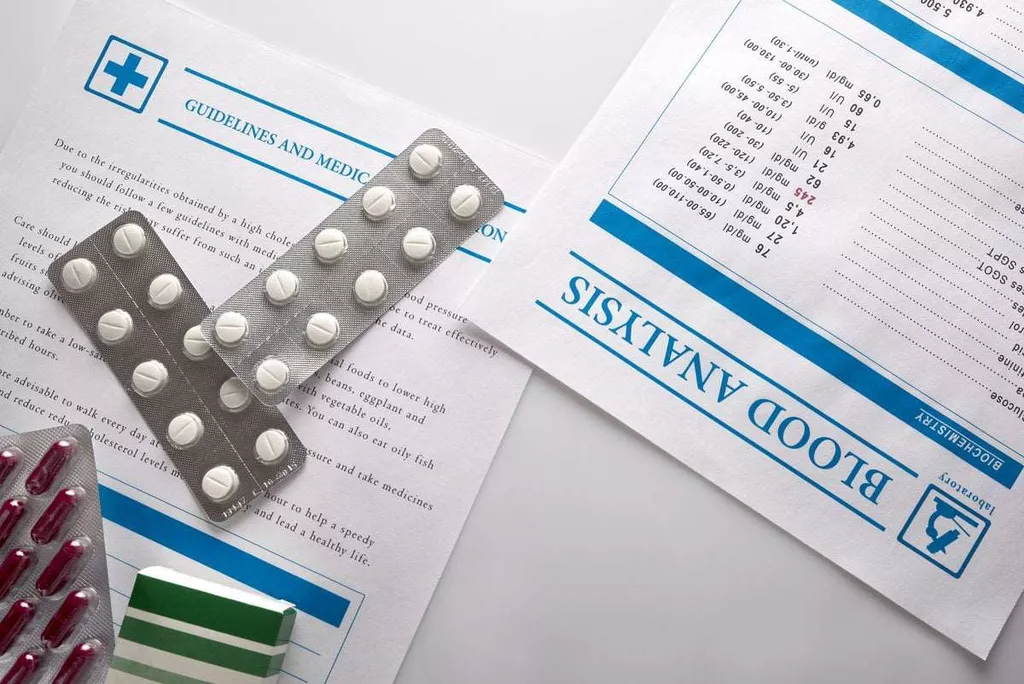
Substance use disorders are clinical mental health disorders, meaning addiction is a matter of neurological and biological predispositions and changes that take time to rectify. These rectifying steps usually include changing external elements rather than finding a magic button of willpower. At Bedrock, we use evidence-based approaches such as cognitive-behavioral therapy (CBT) to help our clients develop coping skills and enhance resilience in the face of setbacks. In addition, relaxation training, time management, and having a daily schedule can be used to help clients achieve greater lifestyle balance. The myths related to substance use can be elicited by exploring the outcome expectancies as well as the cultural background of the client. Following this a decisional matrix can be drawn where pros and cons of continuing or abstaining from substance are elicited and clients’ beliefs may be questioned6.
- The AVE describes the negative emotional response that often accompanies a failure to maintain abstinence from drugs or alcohol.
- The term relapse may be used to describe a prolonged return to substance use, whereas lapsemay be used to describe discrete, circumscribed…
- Emotional relapse is not necessarily caused by these natural emotions but rather by how you cope with them.
- This phenomenon has been widely studied in various areas, such as addiction, diet, and sexual behavior, and has important implications for understanding self-control, motivation, and willpower.
Ohio Recovery Center

When people don’t have the proper tools to navigate the challenges of recovery, the AVE is more likely to occur, which can make it difficult to achieve long-term sobriety. It is estimated that 40% to 60% of people who have been sober for some time will relapse at some point, according to statistics from the National Institute on Drug Abuse (NIDA). In many cases, relapse can also affect the brain by causing the abstinence violation effect discussed in this article. This can lead to a full relapse by making someone believe that because they’ve already messed up, there is no hope of achieving sobriety.
Bedrock Recovery
Research suggests that online therapy can be effective in treating things like gambling disorders and helping with smoking cessation. It has also been shown to promote a decrease in symptoms of anxiety, depression, and specific phobias, all which have a comorbid relationship with substance use disorders. If you’re interested in trying online therapy, you can reach out to get matched with a qualified virtual therapist today.

Sign up for text support
There are some common early psychological signs that you might be on the way to a relapse. A person with alcohol use disorder (AUD) may feel like drinking when out with friends at their favorite hangout, for example. As an example, a smoker may feel the urge to smoke when driving long distances or while drinking coffee when they normally enjoy smoking.

Relapse Prevention And Ongoing Treatment At Bedrock
If you or a loved one is experiencing addiction in Massachusetts, our professional clinicians can help. Instead of sinking into self-blame, reframe setbacks as temporary obstacles rather than insurmountable failures, and replace blame with self-compassion and understanding. Prioritize self-care activities that promote physical, emotional, and mental well-being.
I have lost all that time,” which can trigger a self-destructive mindset and potentially lead to further relapse. Advocates of nonabstinence approaches often point to indirect evidence, including research examining reasons people with SUD do and do not enter treatment. This literature – most of which has been conducted in the U.S. – suggests a strong link between abstinence goals and treatment entry. The study was especially notable because most other treatment readiness measures have been validated on treatment-seeking samples (see Freyer et al., 2004).

This awareness can aid in the development of effective coping strategies and relapse prevention techniques. On the other hand, if individuals perceive the Abstinence Violation Effect as a sign of personal failure or lack of self-control, it may diminish their self-efficacy and motivation what is alcoholism to continue pursuing behavior change. The AVE was introduced into the substance abuse literature within the context of the “relapse process” (Marlatt and Gordon 1985, p. 37).
Cognitive Dissonance
In psychology, relapses are seen as the result of an accumulation of events, not a single event. They are the result of a series of events occurring over the course of time, explains psychologist Alan Marlatt, Ph.D. The importance of understanding the stages of relapse and avoiding them cannot be overstated. We are dedicated to transforming the despair of addiction into abstinence violation effect a purposeful life of confidence, self-respect and happiness. We want to give recovering addicts the tools to return to the outside world completely substance-free and successful. Lapses are, however, a major risk factor for relapse as well as overdose and other potential social, personal, and legal consequences of drug or alcohol abuse.
- The importance of understanding the stages of relapse and avoiding them cannot be overstated.
- Twelve-month relapse rates following alcohol or drug cessation attempts can range from 60 to 90 percent, and the AVE can contribute to extended relapses.
‘This Time Will Be Different’

Self-efficacy is defined as the degree to which an individual feels confident and capable of performing certain behaviour in a specific situational context5. It has also been used to advocate for managed alcohol and housing first programs, which represent a harm reduction approach to high-risk drinking among people with severe AUD (Collins et al., 2012; Ivsins et al., 2019). Because relapse is the most common outcome of treatment for addictions, it must be addressed, anticipated, and prepared for during treatment. The RP model views relapse not as a failure, but as part of the recovery process and an opportunity for learning. Marlatt (1985) describes an abstinence violation effect (AVE) that leads people to respond to any return to drug or alcohol use after a period of abstinence with despair and a sense of failure.